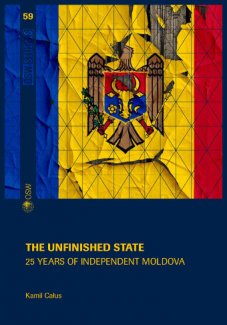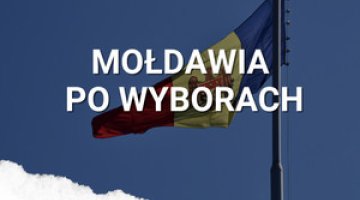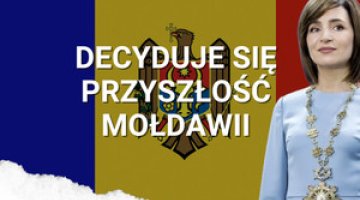The unfinished state. 25 years of independent Moldova

The Republic of Moldova is an exceptional state. It was the only Soviet republic to proclaim independence, on 27 August 1991, in order to become part of another state, i.e. Romania, rather than building its own independent political future. After the civil war, the break-up of the common state and the de facto collapse of the unification project, the newly established Moldova found itself in an ideological vacuum. With no experience of statehood, no coherent historical narrative or responsible political elites, and with a nation that was unsure of its identity, it set off on a long march in search of an idea that could define the shape of its statehood and the direction of its future development.
Twenty-five years on, the social and political project called the Republic of Moldova is experiencing a grave crisis. The Moldovan statehood remains fragile and seemingly impermanent. The country’s successive governments have not been able to build effective state institutions or create adequate conditions for economic development. After years of structural and economic weakness, today’s Moldova as led by Vlad Plahotniuc, the country’s most powerful politician and businessman, is a typical post-Soviet oligarchy ruled by a narrow clique interested mainly in protecting its own political and business interests.





